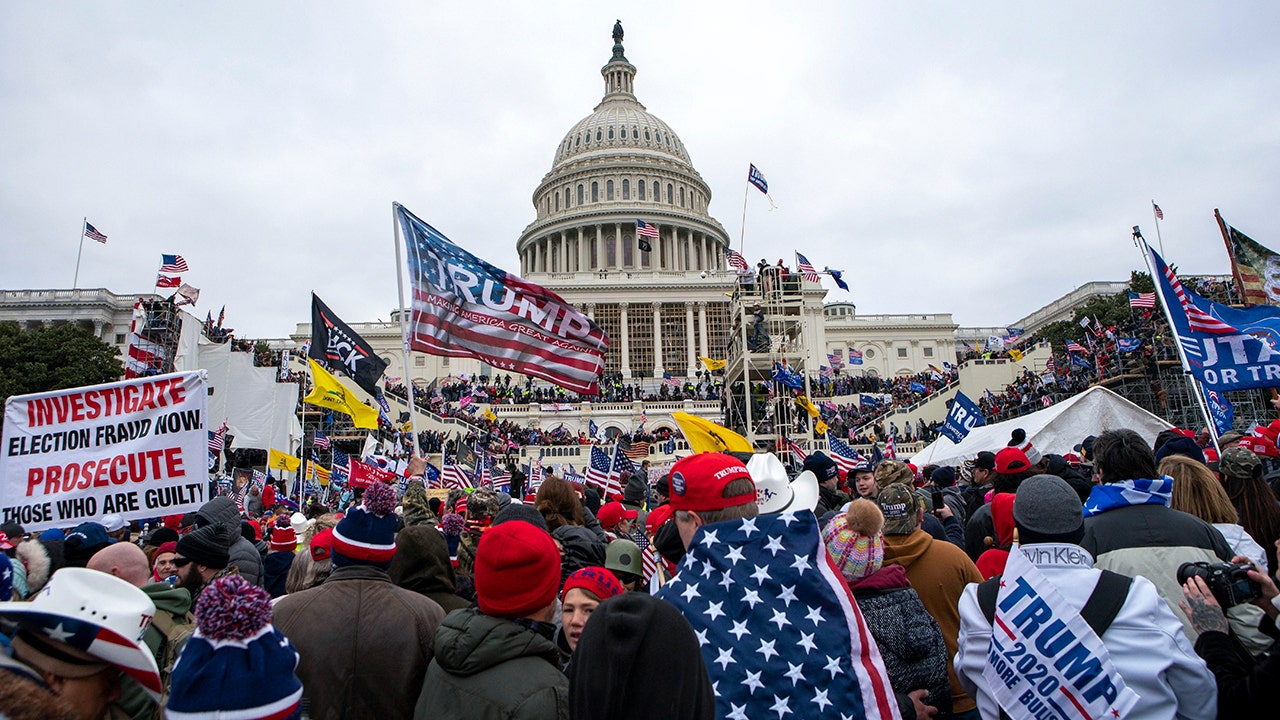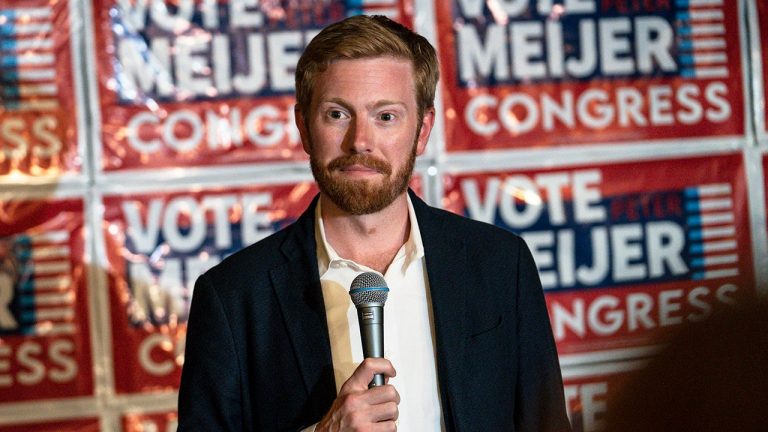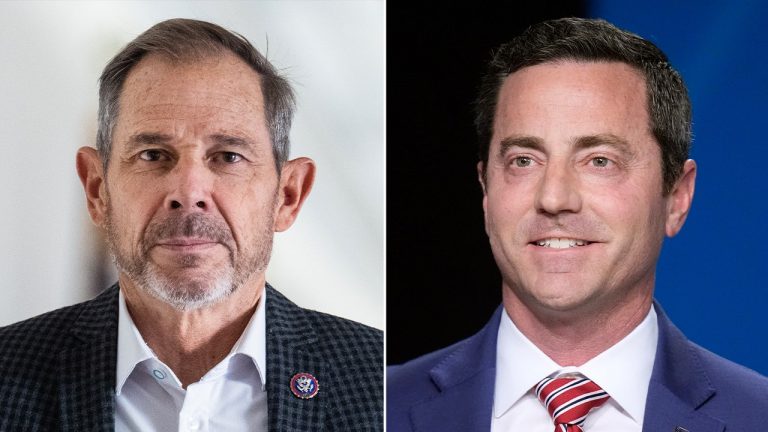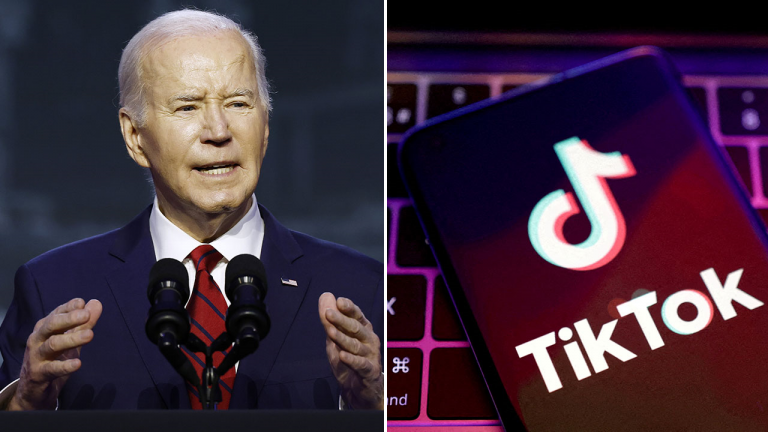Supreme Court backs rioter in Jan. 6 Capitol case
On Friday, the Supreme Court issued a landmark ruling in favor of an individual involved in the January 6, 2021, Capitol riot who contested his conviction for a federal “obstruction” crime. The high court’s decision, by a 6-3 margin, centered on a narrower interpretation of a federal law that criminalizes actions aimed at impairing the integrity or availability of records or objects for use in an official proceeding.
This ruling marks a significant reversal of a lower court decision that was deemed to have overreached, impacting behaviors like peaceful but disruptive conduct. Consequently, the case has been remanded to the D.C. Circuit Court of Appeals for reconsideration in light of Friday’s judgment.
The case emerged from a legal challenge brought forth by Joseph Fischer, one among more than 300 individuals indicted by the Justice Department for “obstruction of an official proceeding” related to the Capitol riot. Fischer’s defense posited that the federal statute in question was not applicable and has historically been utilized solely in cases of evidence tampering.
The Justice Department countered, asserting that Fischer’s actions constituted a deliberate endeavor to obstruct Congress’s certification of the 2020 election results during the joint session on January 6, thereby justifying the statute’s application. This law criminalizes conduct that impedes, influences, or obstructs any official process and carries a maximum penalty of two decades behind bars.
However, Chief Justice John Roberts opined that the government had stretched the statute’s bounds too far, emphasizing that to establish guilt in an “obstruction” charge, it must be shown that the defendant impaired or attempted to impair records, objects, or other crucial elements of an official proceeding.
In a concurring opinion, Associate Justice Ketanji Brown Jackson noted the severity of the case’s circumstances but reiterated the court’s duty to define what conduct falls within the purview of the criminal statute invoked for the obstruction charge against Fischer.
On the dissenting side, Associate Justices Amy Coney Barrett, Sonia Sotomayor, and Elena Kagan expressed their disagreements with the majority ruling. Barrett contended that the scope of the federal obstruction statute is delineated by Congress, allowing the Executive Branch to decide the specific cases prosecuted within those prescribed boundaries.
Following Friday’s decision, Attorney General Merrick Garland expressed disappointment but underscored that the ruling would not impact the vast majority of the defendants facing legal action for their roles in the Capitol riot. Garland affirmed the department’s commitment to holding accountable those responsible for the attack on democratic institutions.
Now, the mandate falls on the Justice Department to determine how to proceed with other Jan. 6-related cases affected by the Supreme Court’s narrowing of the obstruction statute. The department must decide whether to drop obstruction charges for defendants facing additional criminal allegations linked to the riot or await the lower courts’ decisions on resolving the matter.
The Supreme Court’s ruling has directed the case back to the D.C. federal appeals court, where the application of the revised legal standard will determine the fate of the obstruction component in Fischer’s case and potentially affect other individuals indicted in connection with the January 6 events.
As the legal landscape unfolds, the Justice Department faces crucial decisions on the prosecution of defendants tied to the Capitol riot and must navigate the evolving implications of the Supreme Court’s judgment on obstruction charges stemming from such high-profile incidents.








